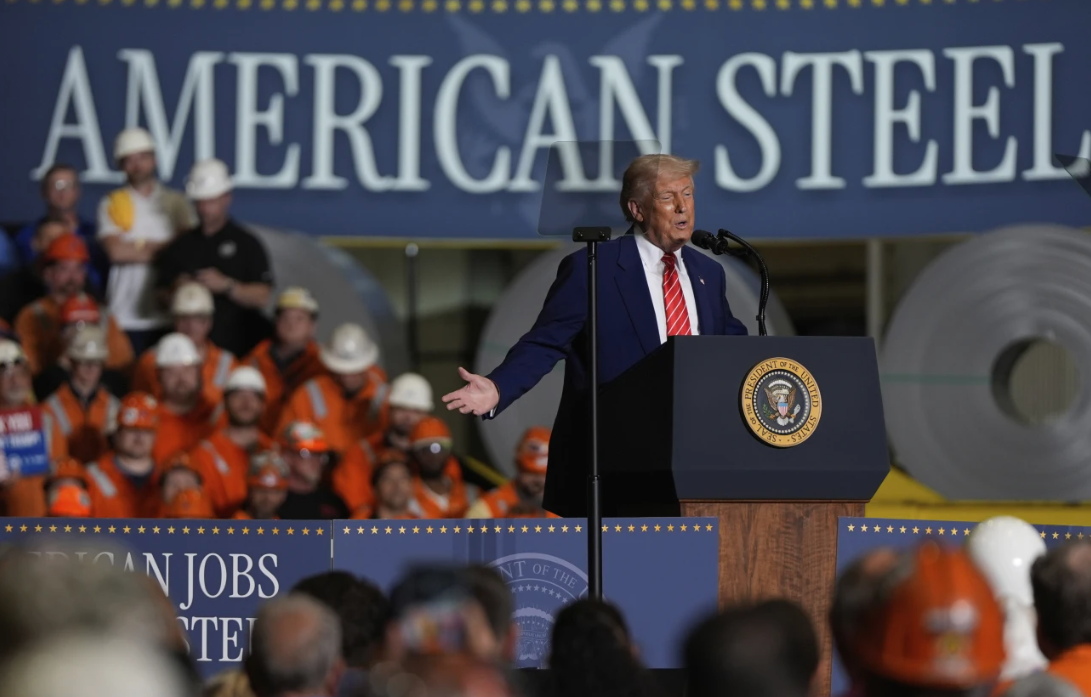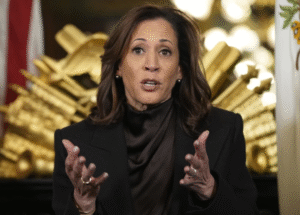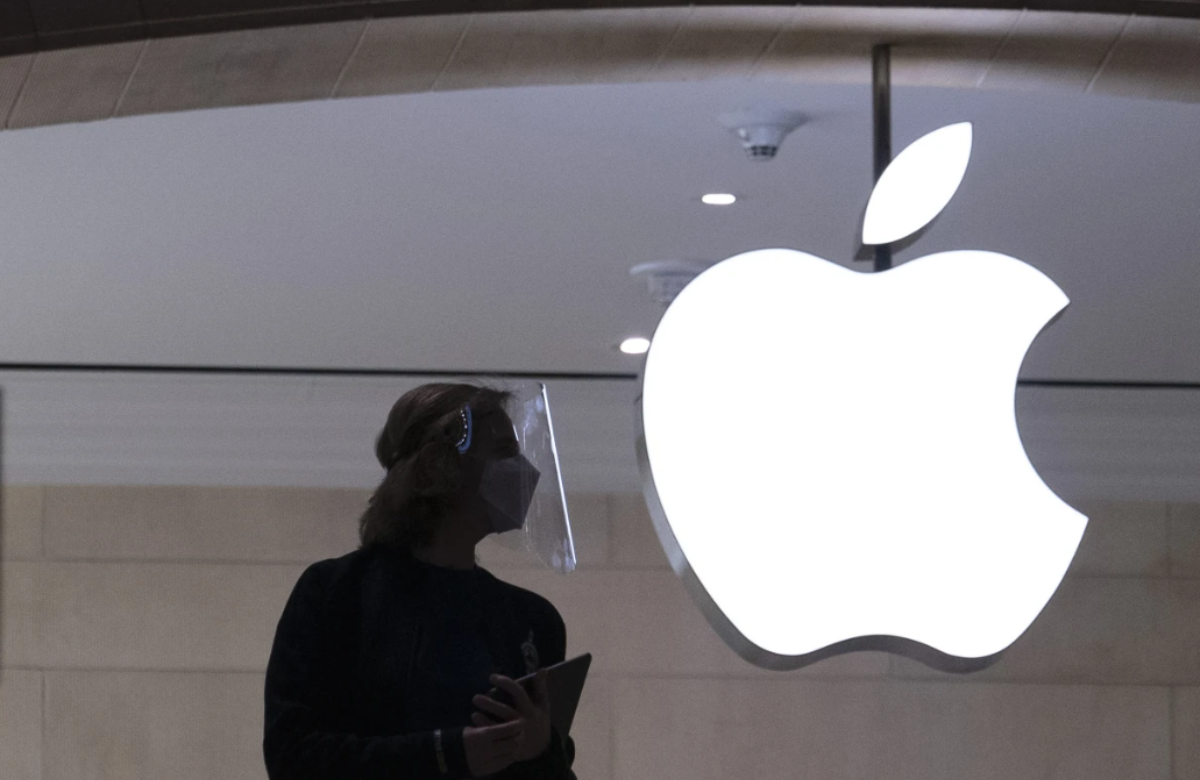On Friday, President Donald Trump signed an executive order that allows Japanese company Nippon Steel to move forward with its planned investment in U.S. Steel—provided it abides by a national security agreement approved by federal officials.
While the details of the agreement weren’t disclosed in the order itself, U.S. Steel and Nippon Steel issued a joint statement confirming that the deal includes around $11 billion in new investments by 2028. A key part of the agreement includes granting the U.S. government a “golden share,” which essentially gives Washington veto power to ensure national security concerns are addressed—particularly regarding domestic steel production.
“We thank President Trump and his Administration for their bold leadership and strong support,” the companies said. “This partnership represents a major investment that will benefit American communities and families for years to come. We’re ready to act on our commitments to revitalize U.S. steelmaking and manufacturing.”
According to the companies, they’ve completed the U.S. Department of Justice’s review and secured all necessary regulatory approvals. The partnership is expected to be finalized shortly.
Following the announcement, shares of U.S. Steel climbed $2.66—or 5%—to $54.85 in after-hours trading. Nippon Steel’s original bid from late 2023 had valued U.S. Steel at $55 per share.
Few specifics were provided about how the golden share will operate, what the national security agreement includes, or exactly how the $11 billion investment will be distributed.
White House spokesperson Kush Desai said the deal ensures U.S. Steel remains based in Pennsylvania and is protected as a strategic national asset.
James Brower, a national security lawyer with Morrison Foerster, noted that agreements like this are rarely made public unless voluntarily disclosed by one of the companies involved, especially when one is publicly traded like U.S. Steel. Brower added that golden shares in national security deals usually give the government approval rights over key business actions.
U.S. Steel did not file any documentation with the Securities and Exchange Commission on Friday.
Originally, Nippon Steel offered nearly $15 billion to acquire the Pittsburgh-based company, but the deal was delayed due to national security reviews under President Biden. Over time, Nippon Steel increased its investment promises to ease U.S. concerns. The total value of the transaction is now estimated at $28 billion, including plans to build a new electric arc furnace—a more sustainable form of steelmaking—after 2028.
Nippon Steel also pledged to keep U.S. Steel’s headquarters in Pittsburgh, maintain operations at existing plants, and establish a board composed mainly of American citizens. Additionally, the company said it would avoid importing steel slabs that could compete with U.S. Steel’s domestic production in Pennsylvania and Indiana, and it would support U.S. positions in international trade disputes.
Although Trump had criticized the acquisition while campaigning, he showed willingness to negotiate terms once back in office. On Thursday, he said he would retain “total control” over U.S. Steel’s actions under the agreement.
Trump also mentioned that the deal would ensure 51% American ownership, though Nippon Steel has consistently maintained its goal of making U.S. Steel a wholly owned subsidiary. “We have a golden share, which I control,” Trump said, while also expressing concerns about how future presidents might use that authority.
The proposed deal was under review for months by the Committee on Foreign Investment in the United States (CFIUS), a panel that assesses risks related to foreign business takeovers. Trump’s order acknowledged that CFIUS found “credible evidence” that the investment could pose national security risks—but those risks could be mitigated under the terms of the national security agreement.
The agreement’s final draft was submitted to both companies on Friday. To move forward, they must formally accept and implement its terms as determined by the Treasury Department and other CFIUS agencies before closing the deal. Trump also left the door open for further executive actions related to the investment.













